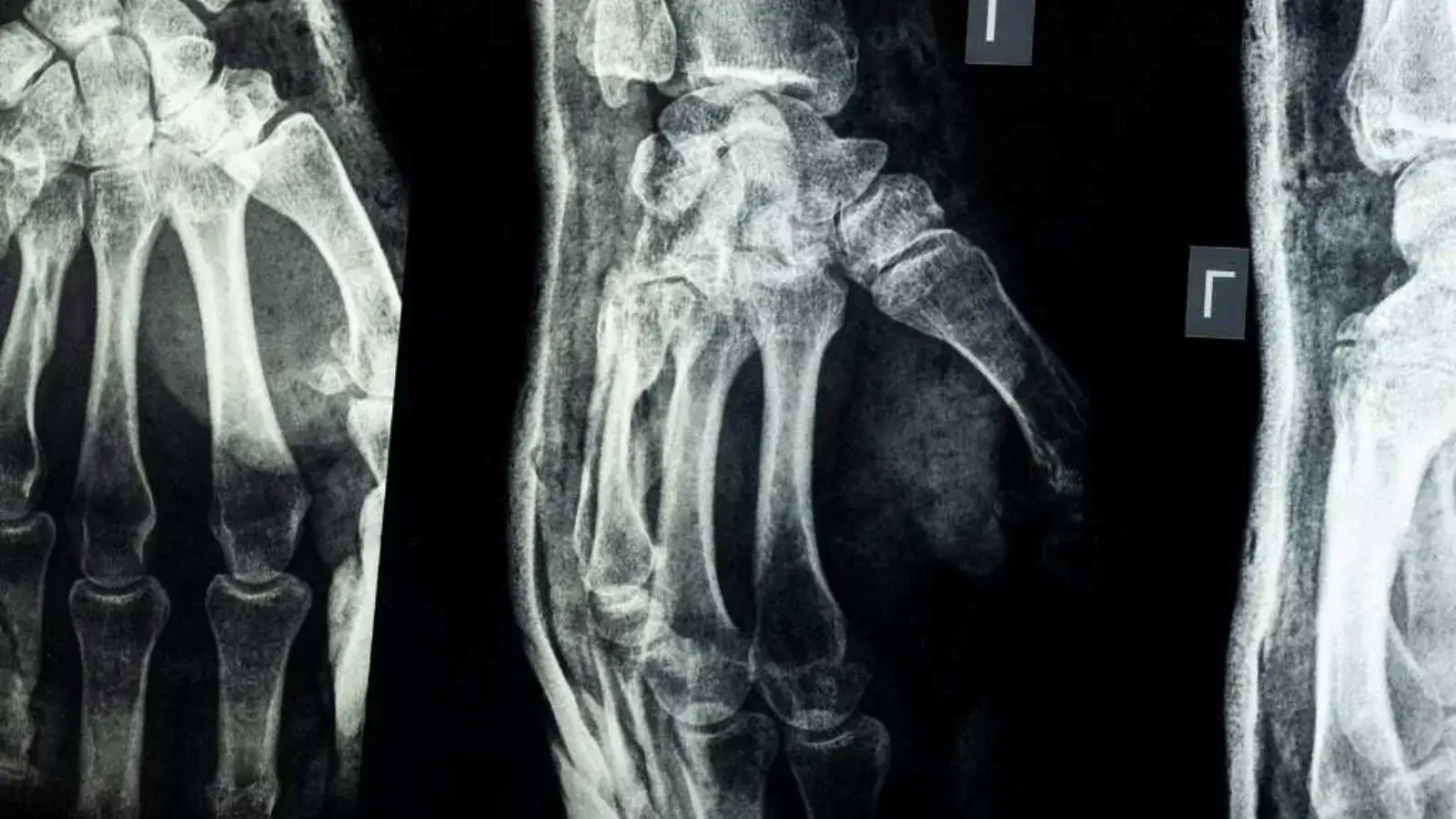


When a person suffers a personal injury, the consequences can be profound and disrupt their life on many levels. Physical injuries often result in intense pain, temporary or permanent disability, and lasting repercussions on mental health. In addition to the physical impact, the accident can cause financial difficulties, particularly due to high medical bills, loss of income due to the inability to work, and rehabilitation costs. To obtain fair compensation appropriate to the injury's severity, it is essential to know your rights and take the proper legal steps. Insurance companies often impose rigorous procedures, including medical examinations and sometimes complex negotiations. To maximize your chances of obtaining fair compensation, it is essential to carefully prepare your case, gather all the necessary evidence, and, if required, seek the help of a specialized lawyer. This article guides you through the key steps to a successful claim, pitfalls to avoid, and practical strategies to ensure optimal compensation.
Definition of bodily injury means any harm to the physical or psychological of a person, caused by an event. From traffic of, the victim's and requiring medical careadapted Bodily injury refers to any harm to a person's physical or psychological integrity caused by an external event. It can result from a traffic accident, medical malpractice, an accident at work, or even an assault. The consequences of this damage can be temporary or permanent, impacting the victim's quality of life and requiring appropriate medical and financial care
Victims may be entitled to various forms of compensation, including :
An effective claim relies on presenting irrefutable evidence that attests to the seriousness of the harm suffered. Among the essential documents to gather are:
The declaration of damage must be made quickly to the relevant organizations:
Filing an official statement within the required timeframe is essential for obtaining compensation.
An accurate medical evaluation is vital in establishing the extent and justification for compensation following an injury. An insurance company or court may commission an independent expert to prepare an official report detailing aftereffects from an accident and their long-term consequences, and victims have the right to request further assessments if they believe an initial assessment understated their injury.
Insurance companies have internal scales for calculating compensation amounts, but these proposals do not always reflect the damages suffered. It is essential to understand the assessment methods fully and not accept an insufficient settlement too quickly.
To maximize compensation, it is recommended to:
When the insurance offer is deemed insufficient, the victim can enter into amicable negotiations with the help of supporting documents and a registered letter setting out the arguments. A legal expert may also intervene to support the claim.
If the insurance company refuses to provide fair compensation, the victim can take legal action to obtain fair compensation. Depending on the nature of the dispute, the case may be brought before:
An experienced personal injury attorney can help you navigate complex proceedings and maximize compensation using strong arguments and tailored defence.
Personal injury isn't just about physical injuries. Psychological consequences, such as post-traumatic stress or anxiety, must be taken into account when determining compensation.
Personal injury claims can take time to resolve. It's essential to remain determined and avoid giving in too quickly to the minimum insurance offers.
Obtaining fair compensation after a personal injury requires a methodical and rigorous approach. Gathering solid evidence, such as medical certificates and witness statements, is essential to demonstrate the extent of the damage. A detailed medical report is key to assessing the physical and psychological after-effects, while effective negotiation with motorbike accident and car accident insurance companies can help ensure fair compensation. Legal recourse may be necessary to assert one's rights in case of a refusal or an insufficient offer. With careful preparation and the assistance of a specialized lawyer, victims can expect compensation commensurate with the injury suffered, facilitating their recovery and return to an everyday life.